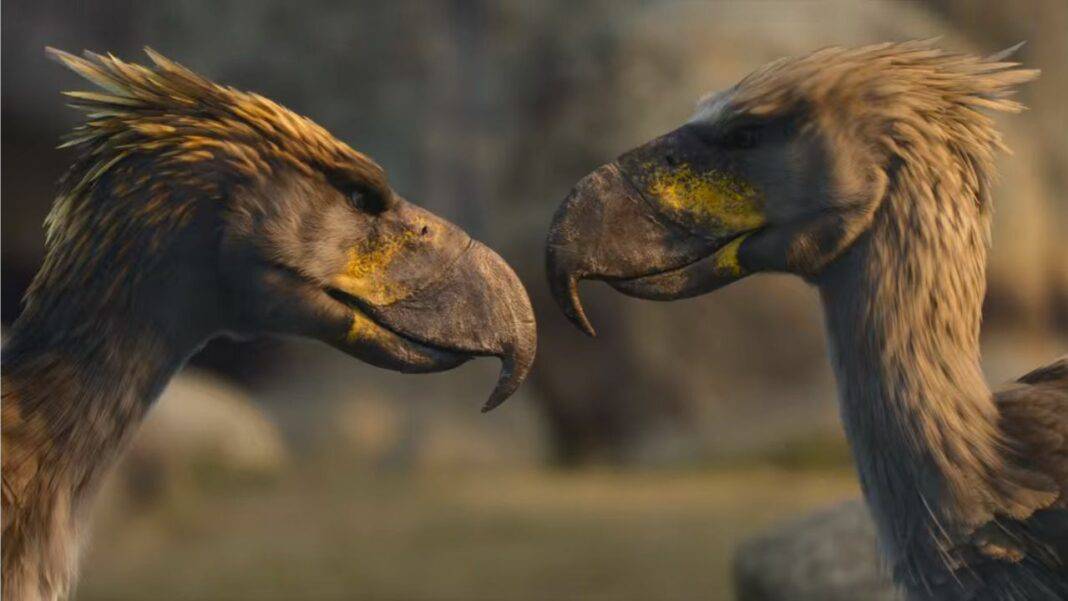In the realm of nature documentaries, where the focus once used to be on the grandeur and vastness of our planet, the lens has shifted dramatically in recent times. Climate change ushered in an era where these shows started emphasizing the importance of preserving our world. However, a new wave of wildlife series, including “Life on Our Planet,” delves into a different narrative—one that contemplates humanity’s self-destructive path and contrasts it with the resilience of nature throughout history.
“Life on Our Planet,” akin to Chris Packham’s notable BBC series “Earth,” takes viewers on a captivating journey spanning over 2 billion years. Using cutting-edge CGI and photography techniques, the series seamlessly merges real footage from natural habitats with digitally reconstructed extinct creatures. While the visual appeal is undeniable, the series tends to rely heavily on Morgan Freeman’s hyperbolic voiceover, often at the expense of substantive information.
The show explores the evolutionary struggles of various species, showcasing the relentless battles for survival and the intricate mating rituals. However, the narration, delivered in Freeman’s signature style, repeatedly indulges in grandiose statements that might leave viewers craving more depth. Freeman’s script tends to oversimplify complex biological concepts, reducing significant events to mere catchphrases, such as “life-changing moments” and “iconic creatures.”
While the intention behind this approach is understandable—trying to convey epochal events through words—it falls short in delivering a truly informative experience. Viewers, especially curious minds like inquisitive children, might find themselves yearning for answers to fundamental questions left unaddressed by the series. For instance, the spikes and falls in oxygen/CO2 levels that led to ancient mass extinctions are mentioned but not explored in detail.
In essence, “Life on Our Planet” is visually arresting, seamlessly blending the past and present with the help of advanced technology. However, its overemphasis on hyperbole and repetitive clichés detracts from the overall educational value. In an era where time is of the essence, the series struggles to strike a balance between awe-inspiring spectacle and informative content, leaving viewers with a beautiful yet hollow viewing experience.

